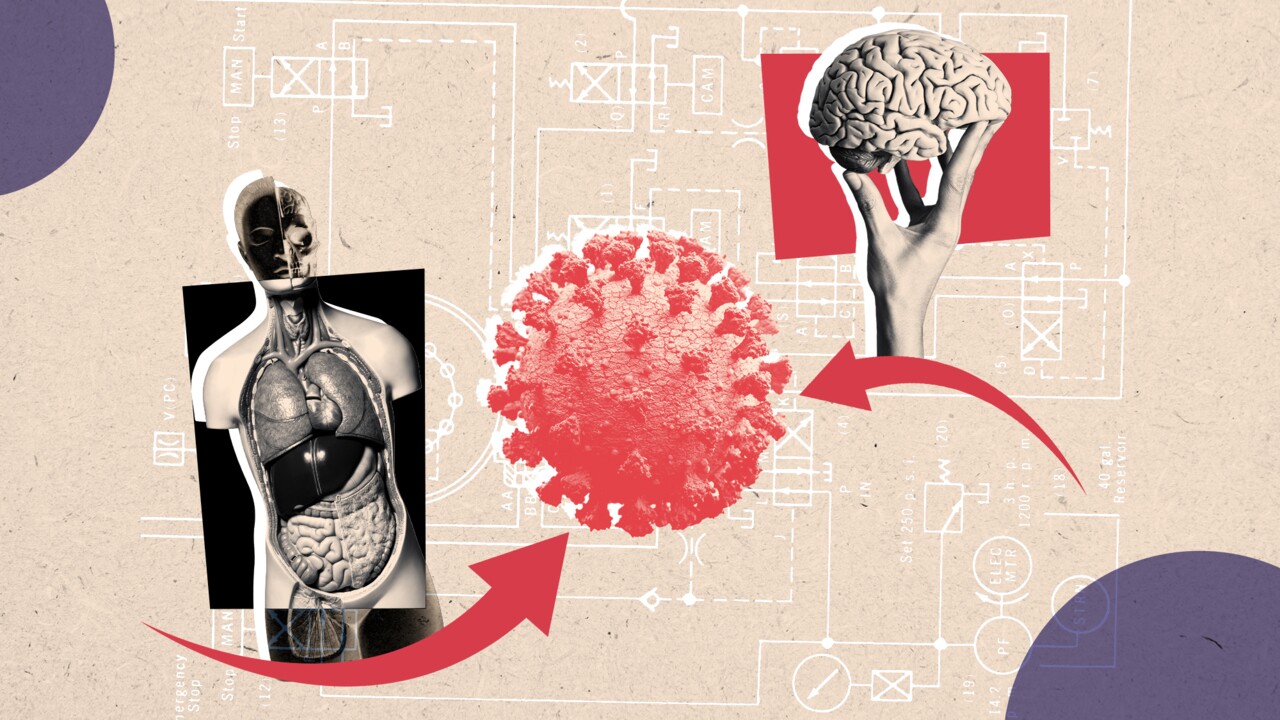COVID- 19 is a global pandemic that has triggered the world in addressing different emotional, physical, cross-border socio-economic, and other issues. But amid such a crisis, countries have a lot to learn from each other and their dealings with the pandemic. Many scenarios have killed humans throughout history, even with their advanced knowledge of medicine and new technology. Following this pattern, COVID-19 has managed to kill more than 1 million people. Keeping aside the death toll, every sector is gravely affected by the pandemic. Every class of people experienced their share of the global pandemic. The mental sanity of people is under question as we progress further in time.
Who is affected by the pandemic?
According to Josh Gibson MD several emerging pieces of literature talk about different measures that could help the impact of various stressors due to COVID- 19. It has led people to experience different mental disorders like stress, anxiety, depression, and trauma. Each of us has gone through a mental breakdown in this pandemic. No group of people is outside the purview. Be it students, adults, frontline workers, or old people.
The only difference is how they have tackled the problem. Even after covid, we can still see different people under-going post-traumatic stress, and some people are depressed and are still struggling to get their lives back on track. There are a certain group of people who have experienced post-traumatic stress more than any of us. Then there are people who have suffered from serious COVID- 19 illnesses. Then there are frontline workers, journalists, family members who have suffered the loss of a close friend or family because of Covid.
Factors adding to the stress
Apart from this, studies and research show that other factors add to the mental illness of the people, for example, social isolation, economic loss, and unemployment. These are some of the common factors that the world is still fighting, and because of which people are suffering and committing suicide. Josh Gibson MD states that the research is not complete, and it will require more time to know exactly how to prevent such conditions involving mental illness if similar diseases surface in the future.
Therapies and counseling
There are several measures as well that are taken by different countries to help such individuals. They have used and adopted the techniques of telemedicine and teletherapy to overcome such problems. It is advisable by many research organizations like WHO that the countries in the world need to allocate more money to different mental health programs as this sector is quite underfunded because if they won’t, then another pandemic might be coming their way, which could be more serious than COVID-19.
Final Words
We can say that mental illness is now an omnipresent disease, and it has affected all of us at some point during this pandemic. The best way to deal with this is to seek professional help from doctors and professionals.


